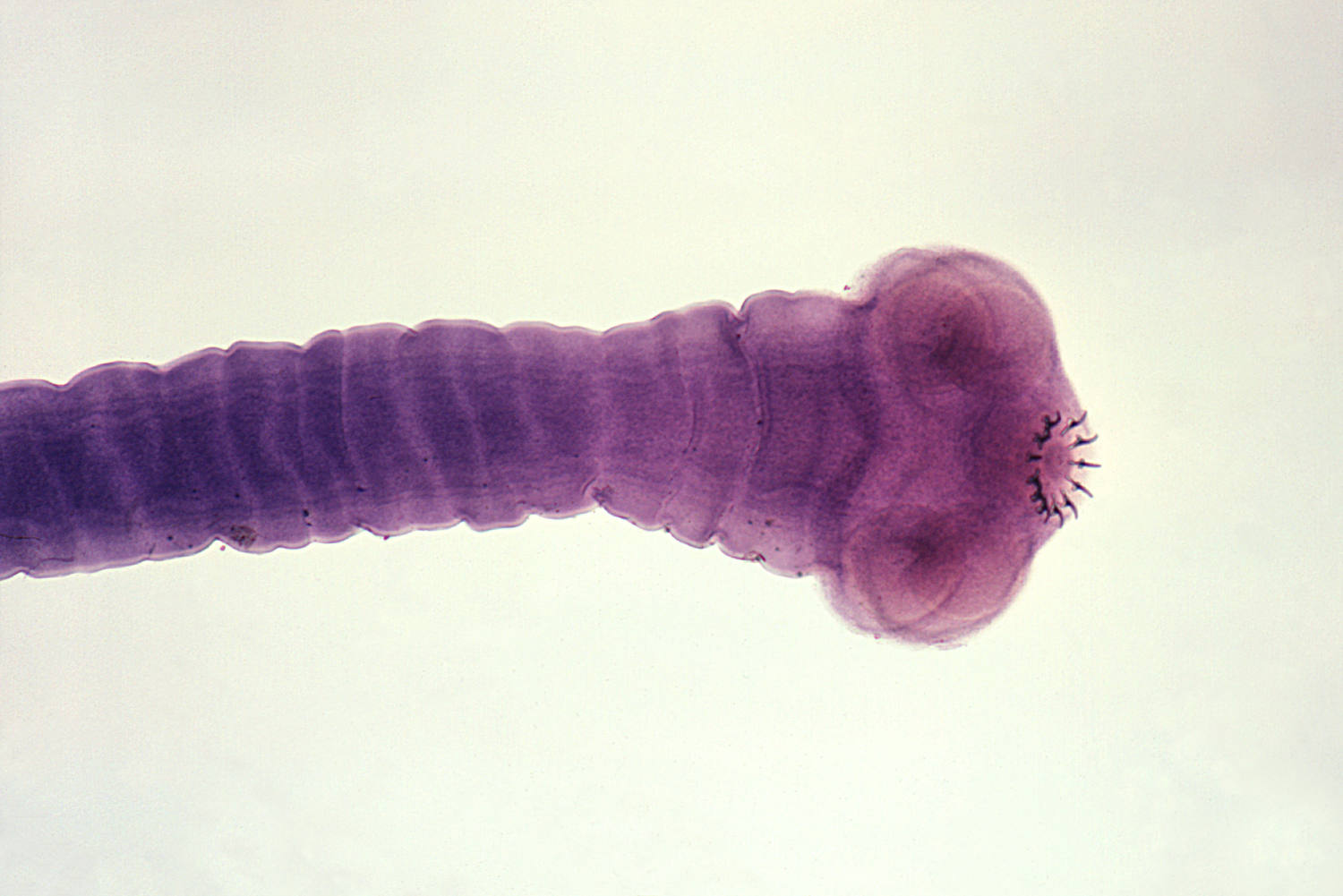A little-known parasitic infection in the brain received a jolt of attention Wednesday when presidential candidate Robert F. Kennedy Jr. said he once suffered from it.
The condition, known as neurocysticercosis, is a brain infection linked to larvae from pork tapeworms. It's rare: It hospitalizes roughly 1,000 to 2,000 people every year in the U.S.

Neurocysticercosis causes seizures, headaches, blindness, blurred vision, dizziness, psychosis or memory loss. In some cases, it may even be fatal. The infection typically follows a sequence of events: People eat raw or undercooked pork that carries a tapeworm.
They then shed tapeworm eggs in their stool and contaminate food or surfaces by not washing their hands. As a result, they or those around them who eat that food or touch those surfaces can accidentally swallow tapeworm eggs. Once they are swallowed, the eggs hatch into larvae, which can move from the intestine to the brain.
The larvae form fluid-filled pockets, or cysts, resembling tiny, clear balloons about a centimeter in diameter. The eggs are “real sticky,” said Dr. Clinton White, an infectious disease professor at the University of Texas Medical Branch at Galveston.
“They get on people’s hands and under their fingernails. Hand-to-mouth I think is an important route of transmission.” Overall, the condition is poorly understood by health care providers, according to the Centers for Disease Control and Prevention, which considers neurocysticercosis to be a “ne.






















